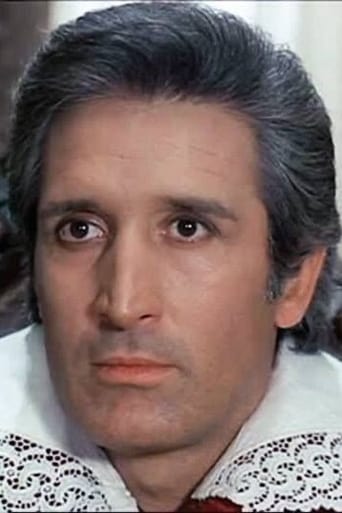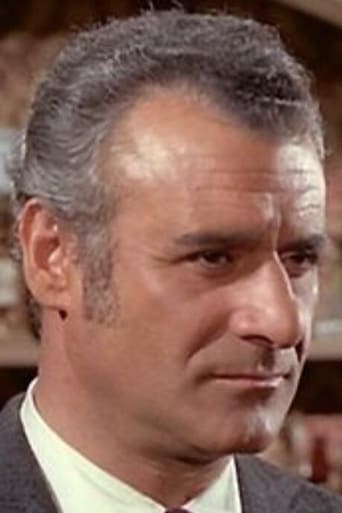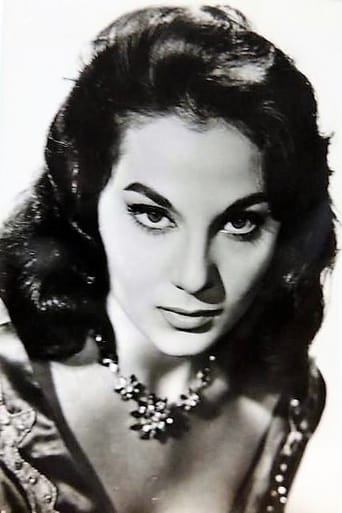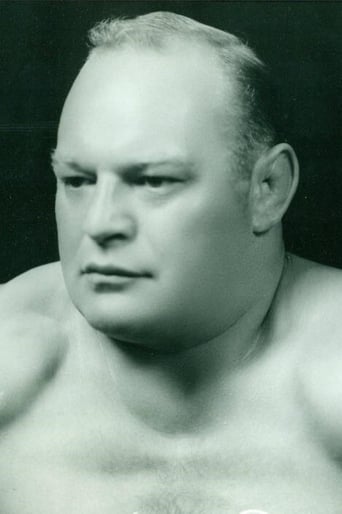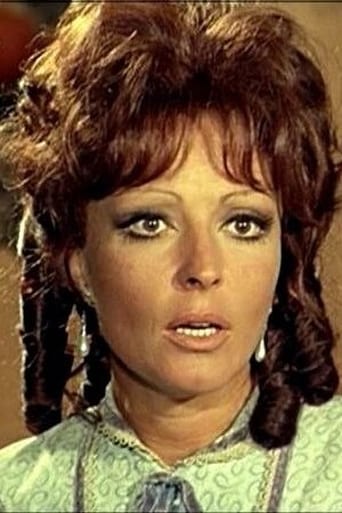MARIO GAUCI
This was still early days for the Spaghetti Western, so the plot clearly looked to the basic American formula for inspiration; besides, there's the constant intrusion of comedy relief (via three scruffy, good-natured but belligerent individuals – two of them ex-boxers and the other the obligatory town drunk) rather than a general self-mocking tone, which the genre would go through on its way out.The hero, then, is a dour and somewhat enigmatic half-breed (a white girlfriend of his ends up dead on his account, while he rejects the doe-eyed advances of a child-like squaw); he's either referred to as Johnny Cherokee or Left Handed Johnny West throughout (the latter is crushed, HUSTLER-like, at one point – but, soon enough, he learns to become as deadly as ever with his other hand), and is constantly accompanied by an amiable white-haired mutt called Gypsy which even sacrifices itself for him at the climax. One mildly interesting point is that the villainous figure here is actually twin brothers, with the more vicious of the two identified solely by his dark attire and pencil moustache; also, when one of them is killed off and his coffin is brought to the town square to 'witness' Johnny West's own demise, the other is ingeniously hidden behind a revolving panel inside it! Incidentally, the actor's face seemed oddly familiar to me and, when I looked at his filmography on the IMDb, I realized he was the male lead in Cesare Canevari's Nazisploitation effort GESTAPO'S LAST ORGY (1977) – which I watched not too long ago! A subplot revolving around the appropriation of a gold mine and the revenge sought by its murdered proprietor's hotheaded but inexperienced young son is as dreary as it sounds. The passable score is by veteran Angelo Francesco Lavagnino, which comes with a typically emphatic (yet pointless) theme tune complemented by wailing female vocals. For the record, the film was co-written by French exploitation producer Robert De Nesle – a valued Jess Franco collaborator, but who was also involved with Georges Franju's sublime JUDEX (1963). Director Parolini is perhaps best-known for the three "Sabata" Spaghetti Westerns, none of which I've watched – though all are readily available for rental (albeit in English-dubbed editions) via the MGM/UA R1 Box Set. In conclusion, the lowly rating for this one is chiefly due to the fact that it has more brawls than gunfights – while the treatment is, at best, indifferent: a bad combination.
michaelwotruba
Johnny West is a half-blood adventurer returning to his native town. There he's firstly put to jail; then he end giving a hand to the sheriff in arresting a terrible band of outlaws. Before making the farcical and rowdy triptych about Indio Black and Sabata, Gianfranco Parolini directed this western with a professional cast – in which André Bollet (then in "I Fantastici Tre Supermen", 1967 always by Parolini), the Hungarian Barta Barri ("El karate, el Colt y el impostor" / "Là Dove Non Batte il Sole", 1974 by Antonio Margheriti) and Bob Felton excel in evident comical roles – that suffers of an evident immobility – and in that sense the woody Mimmo Palmara ("…e lo Chiamarono Spirito Santo", 1971 by Roberto Mauri) is perfect – and a clearer budgetary poverty – Robert De Nesle and his Comptoir not for nothing produced some films of the Spanish Jess Franco – livening up a little just in the humorous (and not that memorable for sure) scenes.
